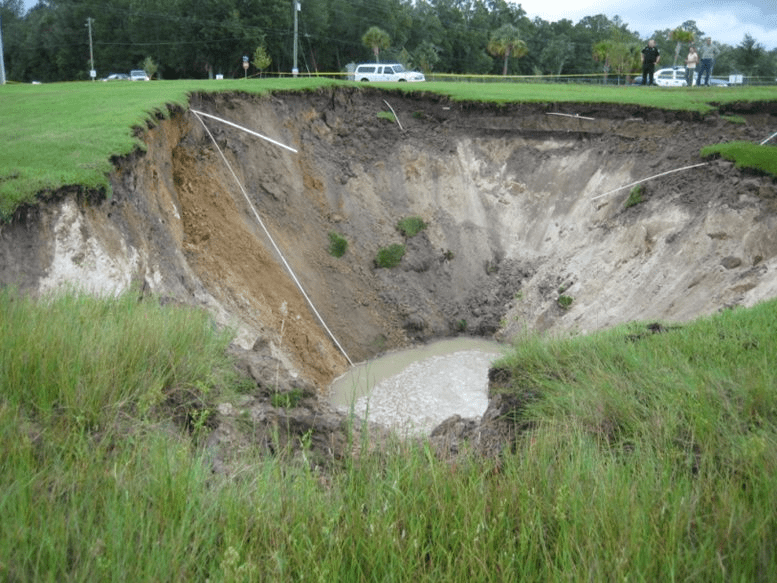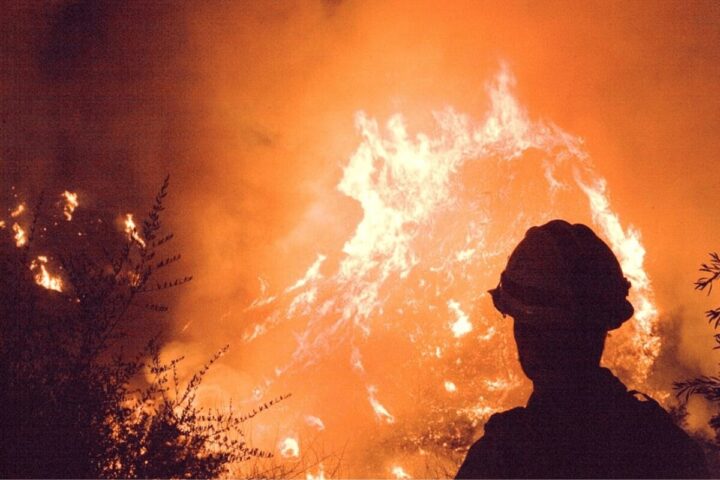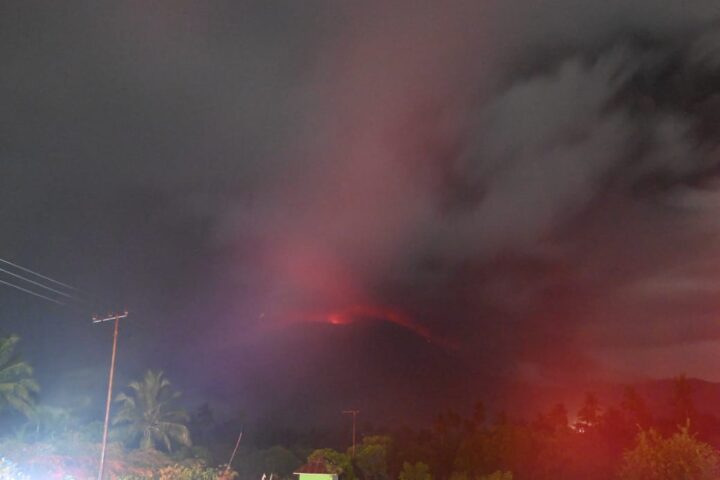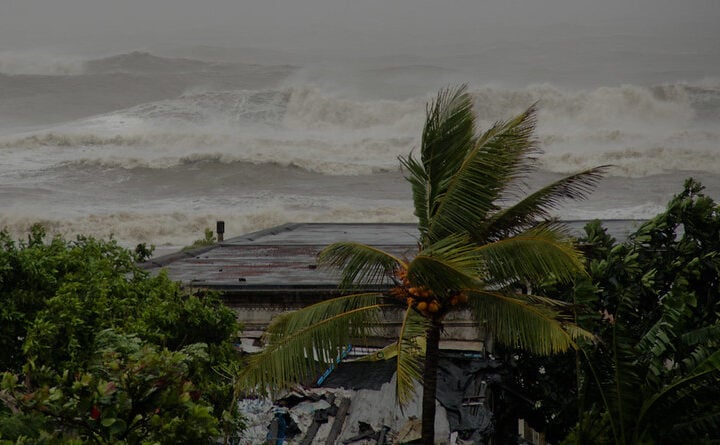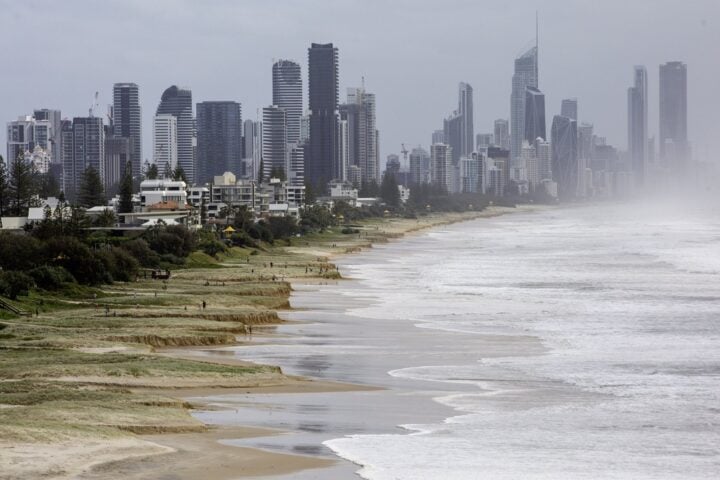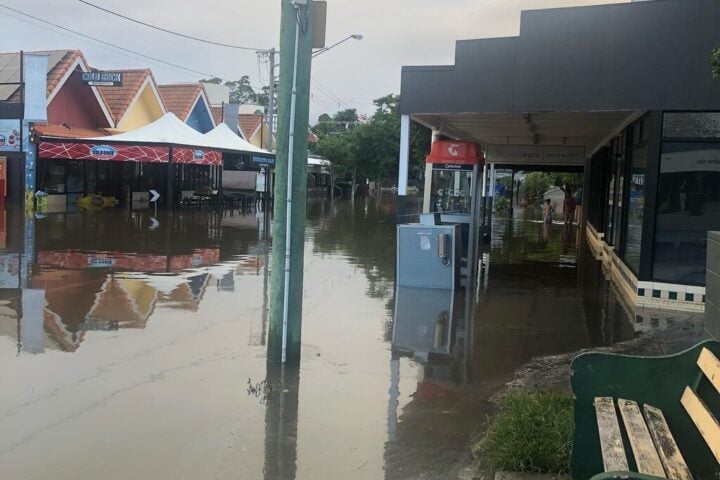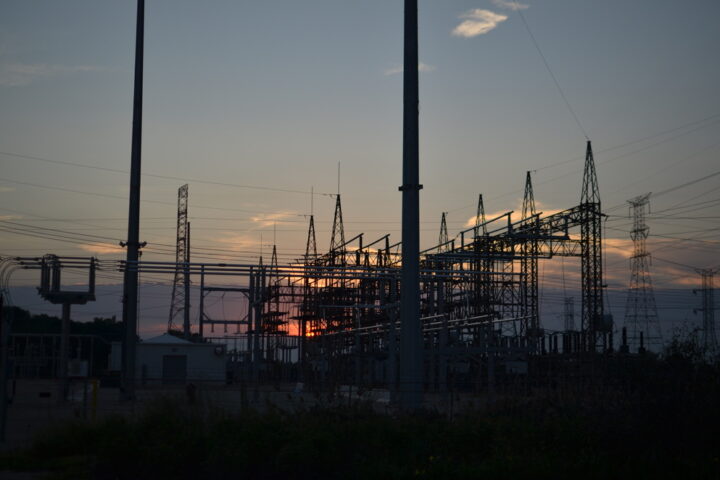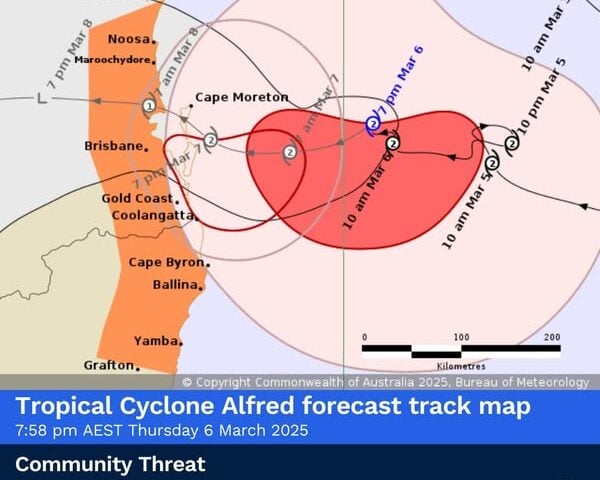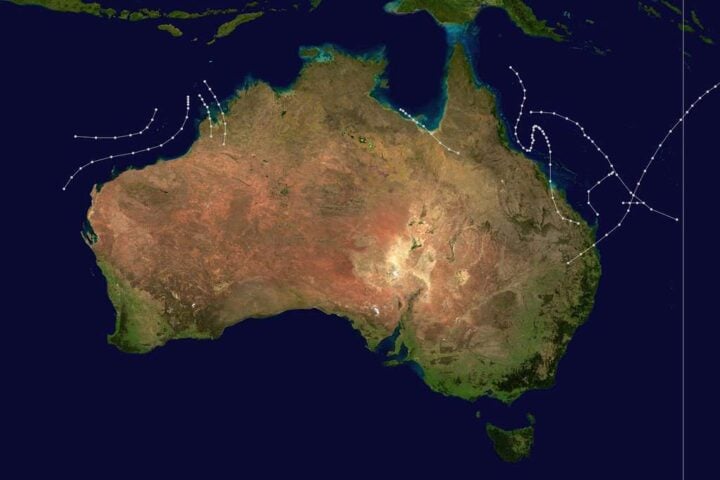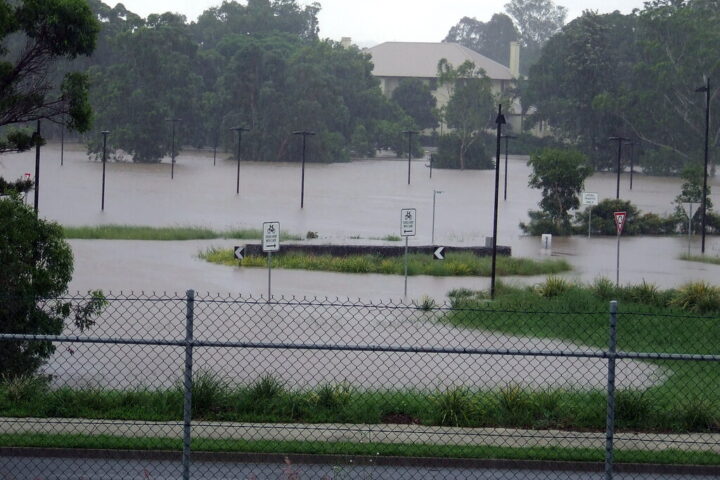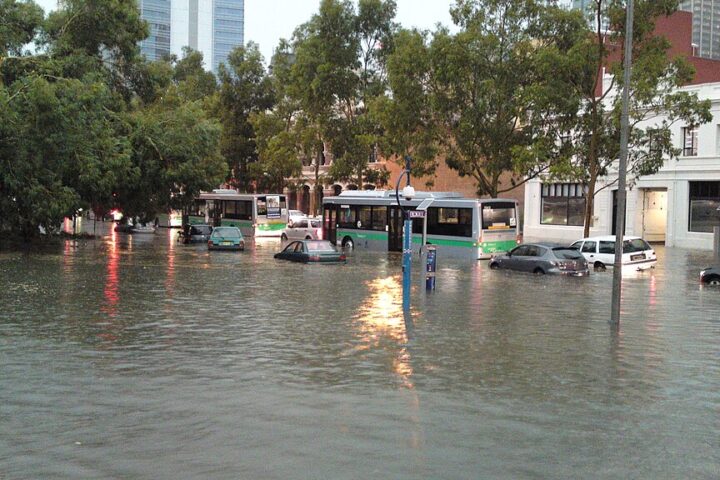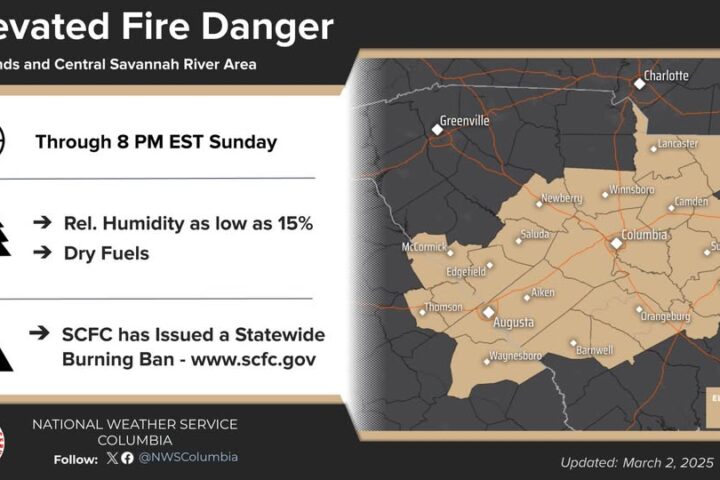Sinkholes are a terrifying geological phenomenon disrupting Turkey’s Konya Plain. Citizens remain in anxiety and fear of the ground beneath their feet. Vertical walls are measuring up to 30 meters across and 40 meters deep, sinkholes can devour the earth on this otherwise fertile plateau.
Recent droughts have lead to drop in subterranean water levels and the collapse of the rock structures may have increased the chances of sinkholes. Humans have also played a role in the sinkhole epidemic.
Intense irrigated farming and cattle farming have pushed the consumption of more water than is naturally available.
Traditional sheep breeding has been replaced by arable land and water intensive maize crops, causing many wells to be illegally dug on the Konya Plain. Almost 70% of wells dug in the region are illegal and have added to the sinkhole problem.
- Trump Administration Cuts $12B in Health Grants, States Lose Funding
- Lioness Rescued from Ukraine Gives Birth to Three Cubs at Yorkshire Wildlife Park
- First 2025 Grizzly Bear in Grand Teton Confirmed on March 19
- AI Breath Test Diagnoses COPD in 5 Minutes, Identifies Millions Undiagnosed
- Sydney Light Rail Hits 150M Trips as L1 Dulwich Hill Adds 48 Weekend Services
Proposed solutions now include sourcing water from neighboring river basins or closing illegal wells permanently and adopting crops that consume less water. However, drought has struck the whole Anatolia region, causing to criticism of some proposed solutions. As the sinkhole epidemic continues on, and the fate of Turkey’s agricultural heartland hangs in the balance.
